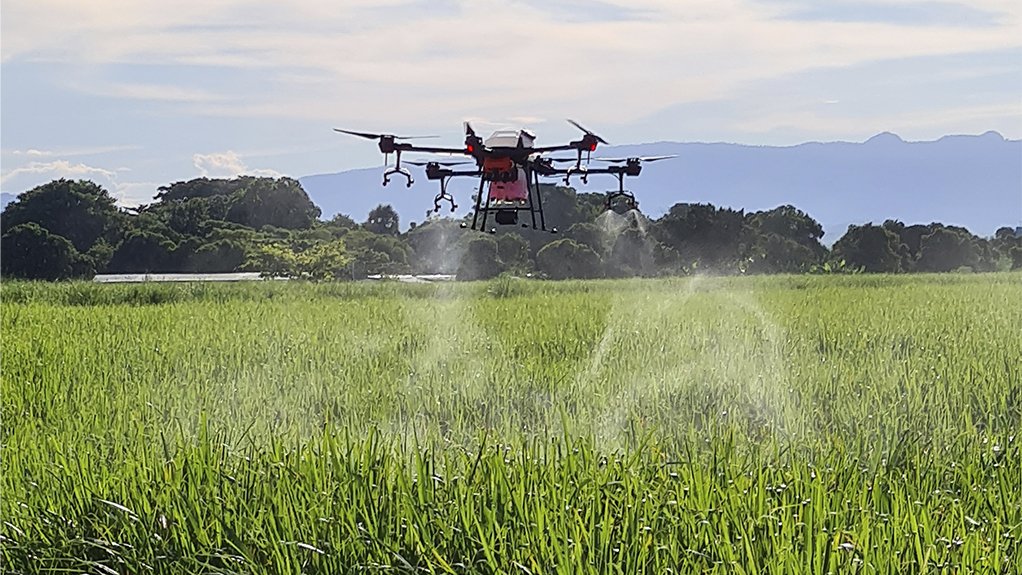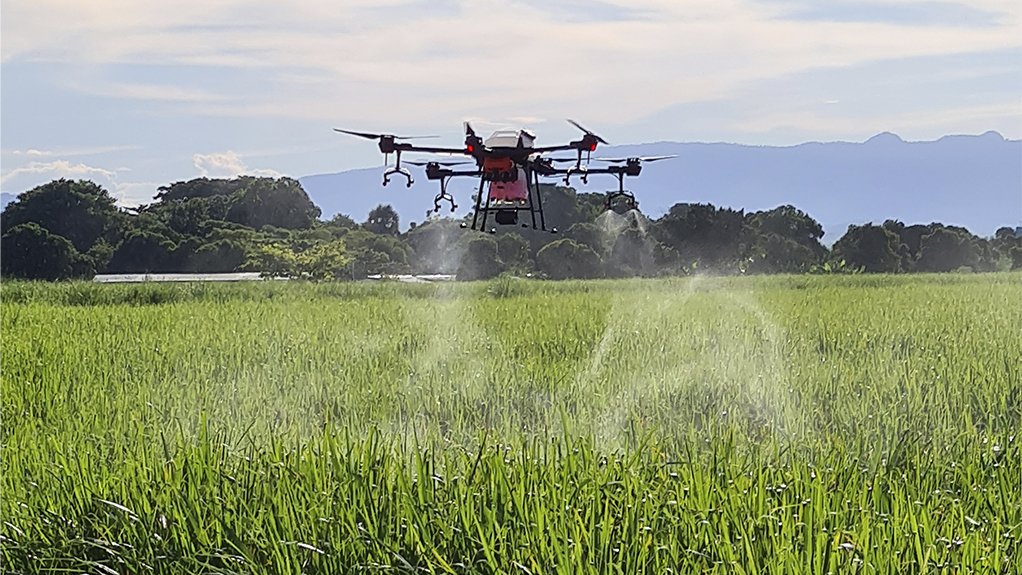African countries are using spray drones instead of planes for crop spraying


Unitrans Africa is a diversified contract logistics company. Since 1962, it has been involved in the agricultural sector, with footprints in Namibia, Botswana, Mozambique, Lesotho, Swaziland, Zambia, Tanzania and Madagascar, and they recently purchased seven DJI T30 Agras spray drone, per drone price is worth R60 million
Already in service in Malawi and Mozambique, the T30 drones have exceeded expectations in spraying precision and optimal use of chemicals, reducing costs and ensuring each crop's specific needs are met, the company said.
Compared with aircraft, agricultural spraying drone use batteries instead of fuel and can spray at night, while aircraft cannot, so they can spray 24 hours a day. The wind field formed by the propellers of agricultural spraying drones can allow the liquid medicine to penetrate the crop canopy to a greater extent, and the spraying effect is far greater than that of aircraft or traditional spraying modes.
Agricultural spraying drones have better physical and chemical effects, which means less water consumption and chemicals, saving costs and reducing environmental pollution caused by excessive spraying of chemicals.
“Drone spraying crops is more cost-effective, less harmful to humans, environmentally friendly and indiscriminate in spraying,” says Hayworth of Unitrans Africa. “This has transformed our operations and is a win-win for Unitrans Africa and farmers,”

